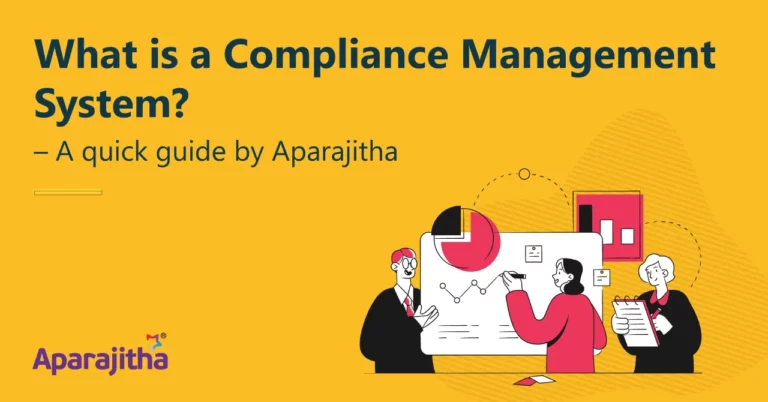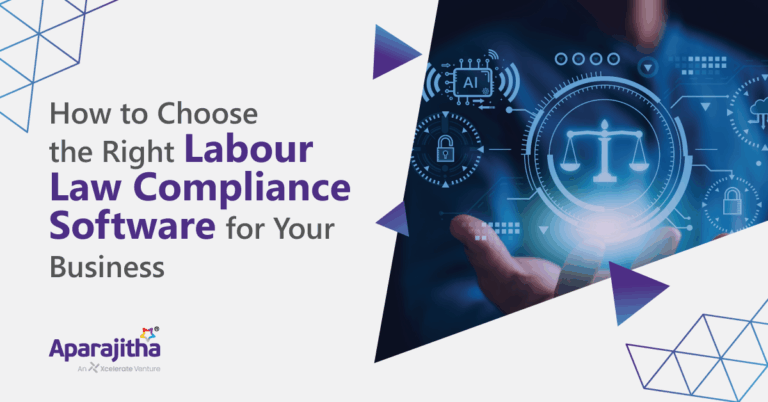INTRODUCITON
Financial Institutions like Banks, NBFC’s and other regulated entities are extensively leveraging Information Technology (IT) and IT-enabled services (ITeS) to bolster their business models and the products and services they offer to customers. However, with the increasing prevalence of technology-driven fintech models, the RBI has raised concerns about Regulated Entities (RE) outsourcing Information Technology (IT) services and the associated risks. Consequently, the RBI had announced in “the Statement on Developmental and Regulatory Policies” on 10th February 2022 the need for appropriate guidelines for risk management framework for IT outsourcing, addressing concentration risk, periodical assessments and guidelines for foreign service providers. Accordingly, the RBI issued the Draft Master Direction on Outsourcing of Information Technology (IT) Services for public feedback.
In concurrence of the feedback, “the Master Direction on Outsourcing of Information Technology Services” was published on April 10, 2023. These guidelines encompass various governance and security requirements that regulated entities should implement to efficiently manage their outsourced service providers, including those providing cloud services.
FOCAL POINT
The Master Direction requires regulated entities to enhance their oversight mechanisms and integrate comprehensive risk management practices. It also emphasizes the need for greater accountability and transparency in outsourcing arrangements, ensuring that customer interests and data are adequately protected. Additionally, the Directions stipulate that outsourcing agreements must not impair the ability of Regulated Entities to fulfill their customer obligations or obstruct effective supervision by the RBI
COMMENCEMENT OF GUIDELINE
- For Existing Outsourcing agreement as on 10.April.2023, the RE’s shall –
- Renew before 01.october.2023 but not later than 10.April.2024
- For renewal on or after 01.october.2023 – shall renew on the date of renewal or 10.April.2026 whichever is earlier.
- For New Outsourcing agreement after 10.April.2024, the RE’s shall ensure that –
- The agreement shall come into effect before 01.october 2023, but not later than 10.April.2024
- The agreement to come into effect on or after 01.october 2024, then the provisions of these direction can be complied from the date of agreement.
ROLES AND RESPONSIBILITIES OF RE’S IN OUTSOURCING IT SERVICES
- Outsourcing Agreements: REs must ensure that outsourcing agreements are legally binding, clearly detailing the outsourced activities, performance standards, and the rights of REs to access and audit information and documentation. Agreements should also stipulate data storage within India and require service providers to report adverse events promptly
- Risk Management Framework: REs are required to establish a comprehensive risk management framework for outsourcing IT services. This includes identifying, measuring, mitigating, managing, and reporting risks. REs must ensure the confidentiality and integrity of customer data and assess the service provider’s ability to meet contractual obligations.
- Due Diligence: REs is required to conduct thorough due diligence on third-party service providers (TPSPs) based on a risk-based approach. This involves assessing various qualitative, quantitative, legal, reputational, and operational factors.
- Contractual Safeguards: Entities must ensure that outsourcing agreements include clear terms regarding the responsibilities of the service provider, data protection measures, confidentiality, and the ability to terminate the agreement if necessary.
- Information Security: Service providers must isolate REs’ data and assets, ensuring these can be retrieved or removed without loss or alteration in adverse conditions or upon contract termination. REs must monitor the service providers’ control processes and security practices.
- Accountability and Transparency: Regulated entities must maintain accountability for the outsourced activities and ensure transparency in their outsourcing arrangements. They should also ensure that customers’ interests and data are adequately protected.
- Monitoring and Control: A management structure must be in place to oversee outsourced IT activities, including performance monitoring, uptime, service availability, and incident response mechanisms. REs should conduct regular audits of service providers and ensure compliance with regulatory requirements.
- Business Continuity and Disaster Recovery: REs must ensure that service providers have robust business continuity and disaster recovery plans. They should also have alternative arrangements in place to continue services if outsourcing agreements are terminated.
- Cyber Security and Incident Reporting: REs must clearly define the minimum monitoring requirements in the cloud environment. They should assess the cybersecurity capabilities of the cloud service provider. Any cyber incidents must be reported to REs immediately, who must notify the RBI within six hours of detection.
CONCLUSION
In summary, the Master Direction mandates a proactive and vigilant approach to IT outsourcing, which will help regulated entities not only to mitigate associated risks but also to maintain their obligations to customers and regulatory bodies. This structured and comprehensive regulatory environment will foster a more secure and resilient financial ecosystem, aligning technological advancements with robust governance standards.







